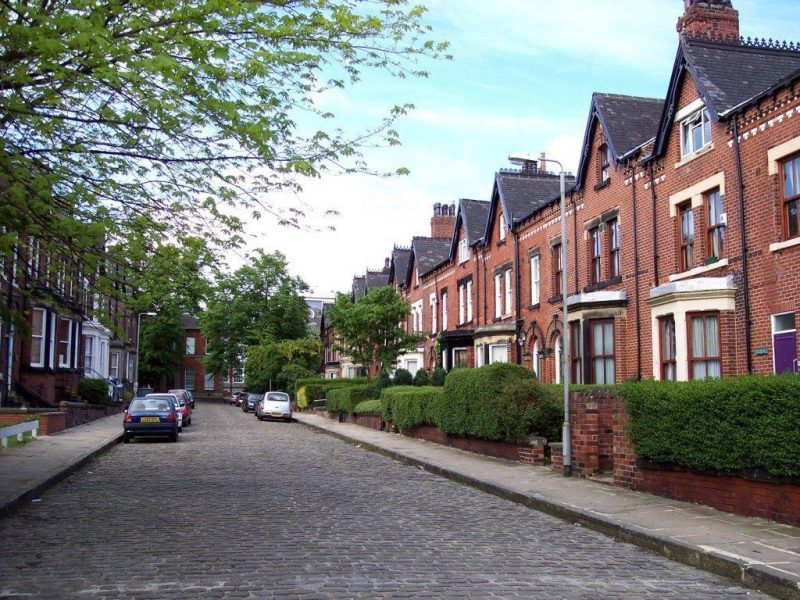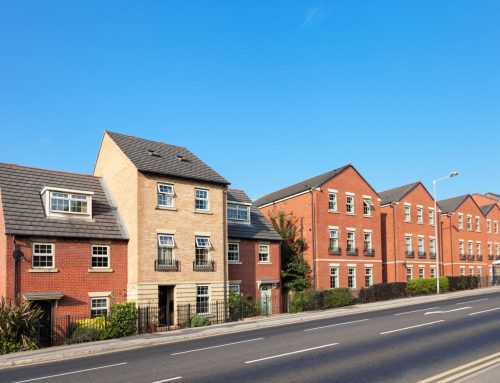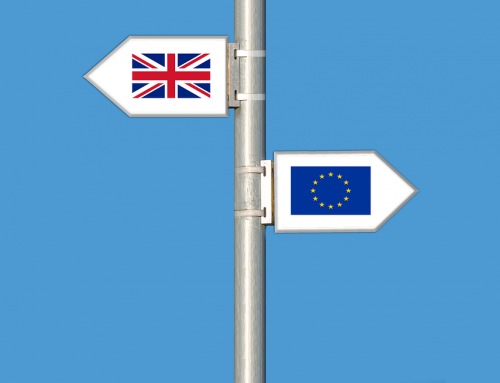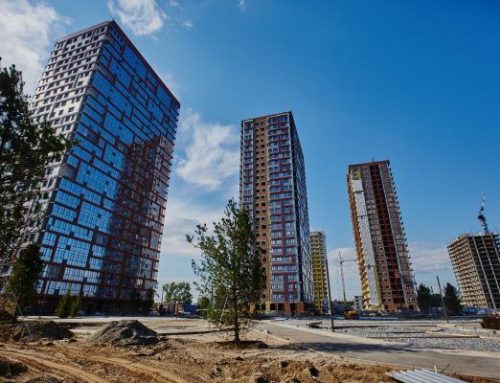UK House Prices Expected to Rise
UK House Prices Expected to Rise by a projected £40,000 in the next 5 years’ time. This is despite the uncertainty and “tremors” caused by the result of the EU referendum, according to forecasts from one think-tank. The Centre for Economics and Business Research (Cebr) said that even though house prices may rise at a slower rate for the rest of 2016 and into 2017, the general movement of UK house prices is still expected to be up! UK House Prices Expected to rise from £194,000 in 2016 to £234,000 in 2021 – a jump of of £40,000. Cebr, said despite “post-Brexit tremors”, house prices are set to increase by 5.7pc over 2016 as a whole. Earlier this year, annual house price growth was running as high as 8pc, but Cebr anticipates a slowdown in house price growth over the second half of this year.
Stamp Duty Changes Affecting Growth
The stanmp duty rate rises are causing slower property price growth. This was the government intention; to slow the price growth driven by property investor. Furthermore, the rate changes combined with the inactivity from many buyers adopting a wait and see approach in the lead up to the EU referendum. Cebr forecasts London house prices to rise by 6.8pc across 2016. Cebr said: “Some of the global regions that many of London’s non-UK buyers come from such as Russia and the Middle East are experiencing economic turmoil and are not as able to invest.” The majority of reports suggest that the fundamental market driver is the lack of available properties; which is supporting high house prices. Cebr said that it expects the impact of Brexit on the housing market to be less impactful as trade negotiations progress. Nina Skero, Cebr senior economist and main author of the report, said: “Although Brexit has certainly sent shockwaves, Cebr expects the housing market to slow down but not plummet. “Years of underbuilding mean that demand would have to fall very dramatically to meet the low level of supply increases. “Keeping in mind that construction companies are very likely to limit their output further in light of Brexit, price pressures will also come from the supply side.”








